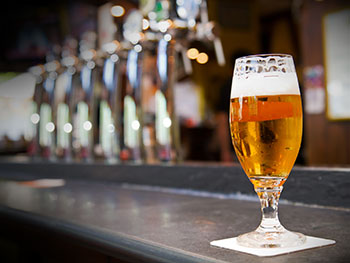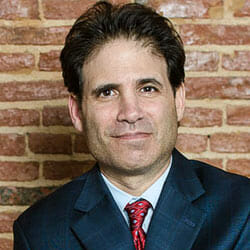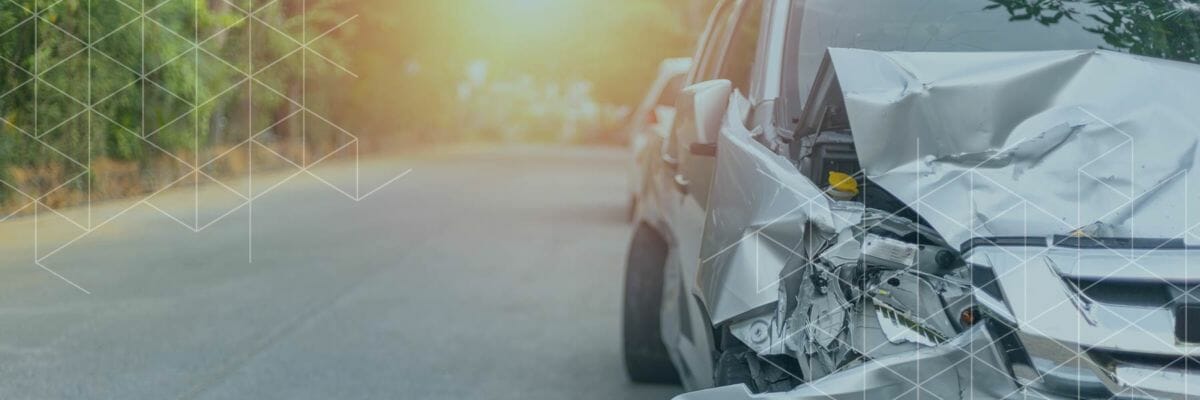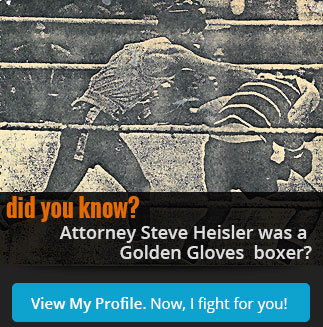 “What’s a dram shop?” I hear you ask. It’s simply an old-fashioned term for a place that sells alcohol, and it comes from 18th century England, where shops sold a spoonful, or a “dram,” of gin to patrons. “Dram shop laws” establish the conditions of legal liability for those who sell alcohol to patrons. If you sell drinks to those already visibly inebriated, under most dram shop laws, you as the seller are liable for damages if the inebriated person goes on to injure others.
“What’s a dram shop?” I hear you ask. It’s simply an old-fashioned term for a place that sells alcohol, and it comes from 18th century England, where shops sold a spoonful, or a “dram,” of gin to patrons. “Dram shop laws” establish the conditions of legal liability for those who sell alcohol to patrons. If you sell drinks to those already visibly inebriated, under most dram shop laws, you as the seller are liable for damages if the inebriated person goes on to injure others.
Dram Shop Laws and Social Host Liability Laws
Sometimes you’ll hear about a case in the news involving the host of a private party who is being sued for serving alcohol. Such cases are generally handled under “social host liability laws.” These laws usually address the non-commercial “overserving” of alcohol to the inebriated, although these laws and cases often concentrate on the non-commercial serving of alcohol to minors who cause injury. “Dram shop laws,” on the other hand, generally address the commercial (bars, restaurants, stores) overserving of alcohol to inebriated patrons who cause injury, minors or not.
How Do You Prove Fault?
Proving fault in a dram shop case usually involves most, if not all, of the following considerations:
- There must be evidence that alcohol was sold and served to an intoxicated person.
- The person who sold and/or served the alcohol did so knowing the person was already intoxicated. The evidences of intoxication considered sufficient are: unsteady walking or movement, slurred or incoherent speech, and an excessive amount of alcohol consumed in a short period of time.
- The patron’s intoxication was a proximate cause of the injury that resulted. Proximate means foreseeable. For example, if a person becomes drunk, and clearly must depart by car and is allowed to drive off, driving under the influence is a proximate (foreseeable) cause of injury.
Proving fault can be difficult, however, because signs of intoxication are not always obvious, and the bartender usually has no way to know whether someone drove to the bar.
Maryland and D.C. Dram Shop Laws
Maryland has no dram shop laws and no social host liability laws. However, if you are injured by a drunk driver, you can always pursue a personal injury case against the driver under existing statutes. Every U.S. state allows an injured person to pursue damages when another person or business was at fault for an accident. There are often time limitations, though, after which you cannot bring a case.
The District of Columbia does have dram shop laws, but no social host liability laws. D.C. Code Annotated section 25-781 prohibits the sale or delivery of alcohol to an intoxicated person (or to one who appears intoxicated), or to “a person of notoriously intemperate habits” (someone who is a known habitual heavy drinker). The law also prohibits the selling of alcohol to those under 21 and allowing anyone already intoxicated to consume alcohol on the seller’s premises.
Cases in Maryland and in D.C.
Dram shop cases have been refused more than once by the Maryland courts. In 2013, Maryland’s highest court ruled that bars cannot be held liable for injuries caused by patrons after they leave. This, after a case in which a 10-year-old girl was killed in a high-speed crash by a driver who had been served 20 drinks in a Gaithersburg bar. As previously noted, there is also no social host liability in Maryland.
In Maryland, personal injury claims must be brought within three years of the date of injury against the person who injured you.
The dram shop case situation is quite different in the District of Columbia. In Jarrett v. Woodward Bros., Inc., 751 A.2d 972 (D.C. Appellate Court 2000), it was ruled that D.C. Code Ann. § 25-121(b) provided sufficient basis for a negligence claim against a tavern owner. The drinker’s own negligence and assumption of risk were not considered a valid defense that excuses the negligent service of alcohol in violation of D.C. code.
In D.C., civil liability claims against social hosts whose inebriated guests injure others are not allowed, even if the intoxicated party is underage. Such third-party claims can only be brought against commercial vendors, not private individuals at non-commercial events.
Dram shop claims in D.C. must be brought within three years of the date of injury against the commercial establishment that served the alcohol to the person who injured you.
Drunk Driving Fatality Statistics
In 2013, 30 percent of Maryland’s traffic fatalities were from alcohol-related accidents, with 141 fatalities. During the same year in D.C., 30 percent of traffic fatalities were caused by alcohol, for a total of 6 deaths. Nationally during 2013, 30.8 percent of all traffic fatalities were because of alcohol, with 10,076 fatalities.
Lawyer Steven Heisler is Dedicated to Your Process
The aftermath of a vehicular collision can be life-changing for the accident victims and their family, and often takes years of patience and dedication to overcome. If you believe another party was responsible for the injuries or losses you have suffered in a car crash, drunk driving attorney Steven Heisler has the experience necessary to successfully help accident victims get their lives back on track. With a positive track record and an approachable manner, he can provide more than legal representation—he can also offer you reliable guidance to help you make the best choices for your circumstances. Please call Steve Heisler at (410) 625-4878 or use our online contact form to learn more about the legal options available to you.

Attorney Steve Heisler
Steve Heisler decided in 1996 that he was going to focus his law practice exclusively on injury cases. Since then, he has been representing injured people against insurance companies, disreputable medical practitioners and Big Pharma, and doing it with compassion, honesty and level-headed rationality. [ Attorney Bio ]


